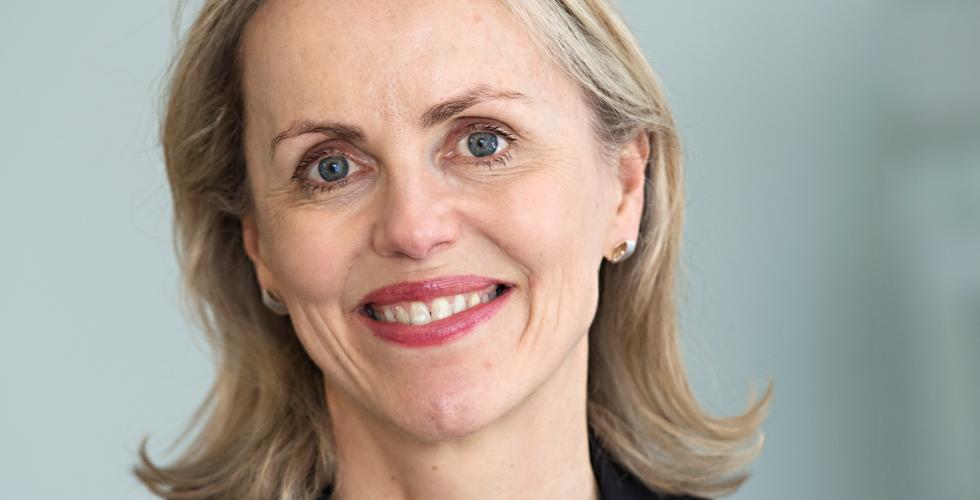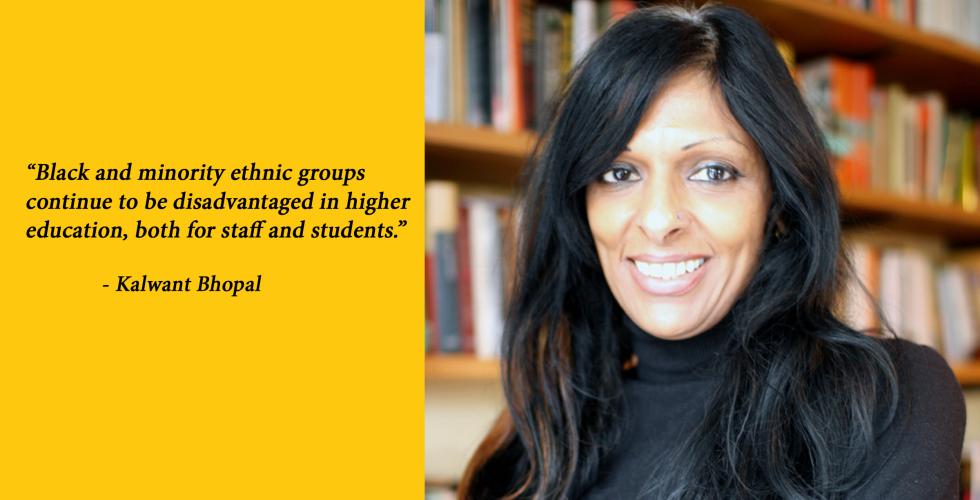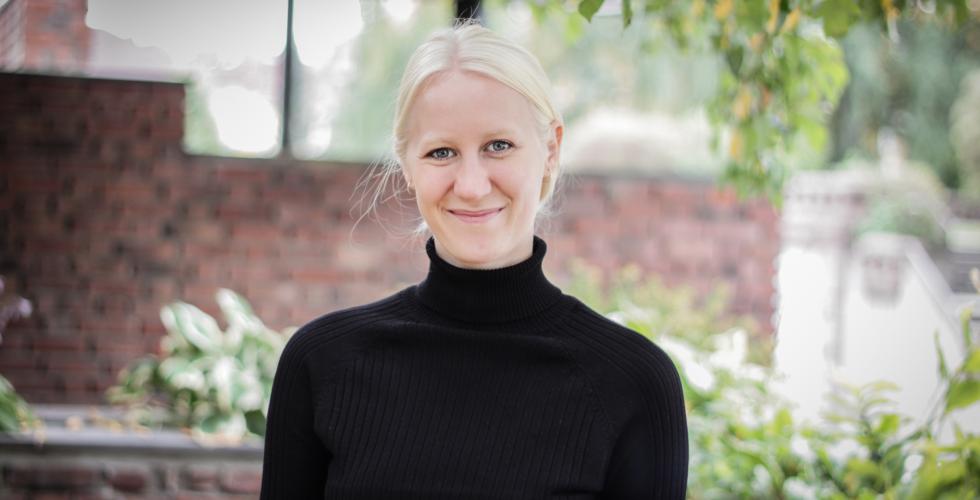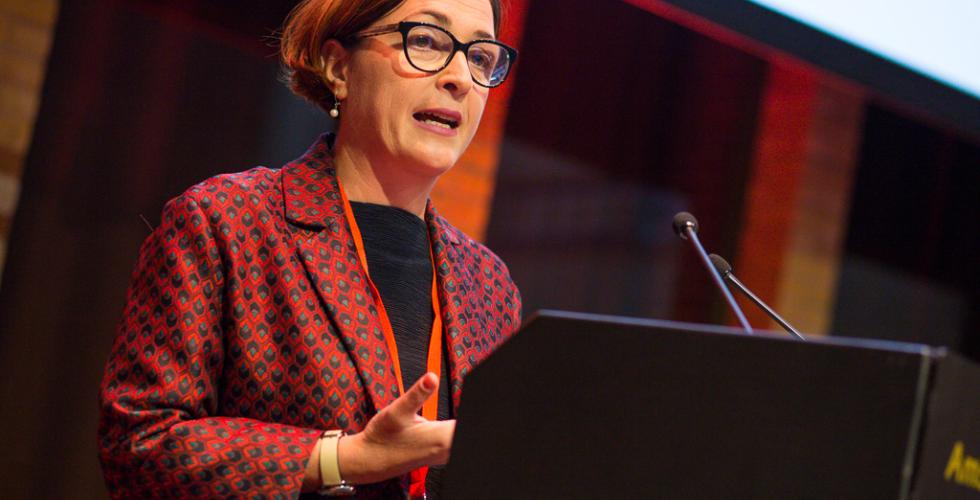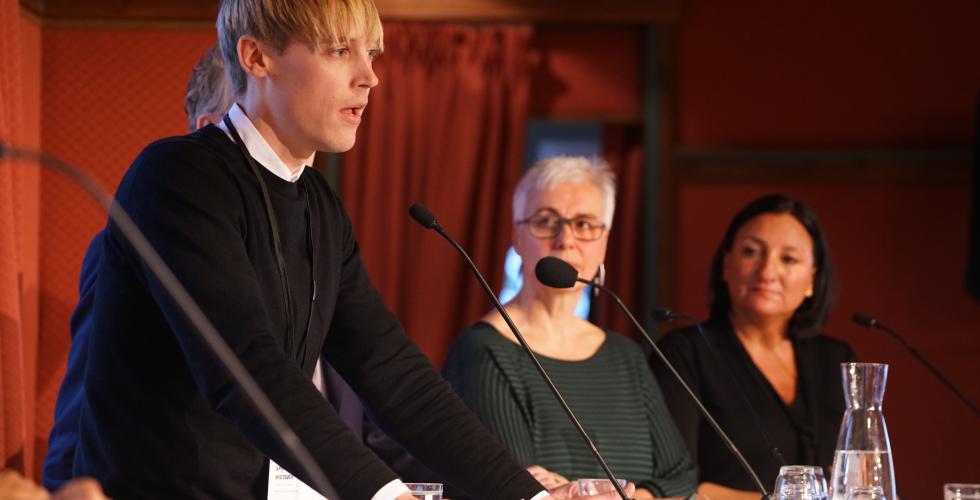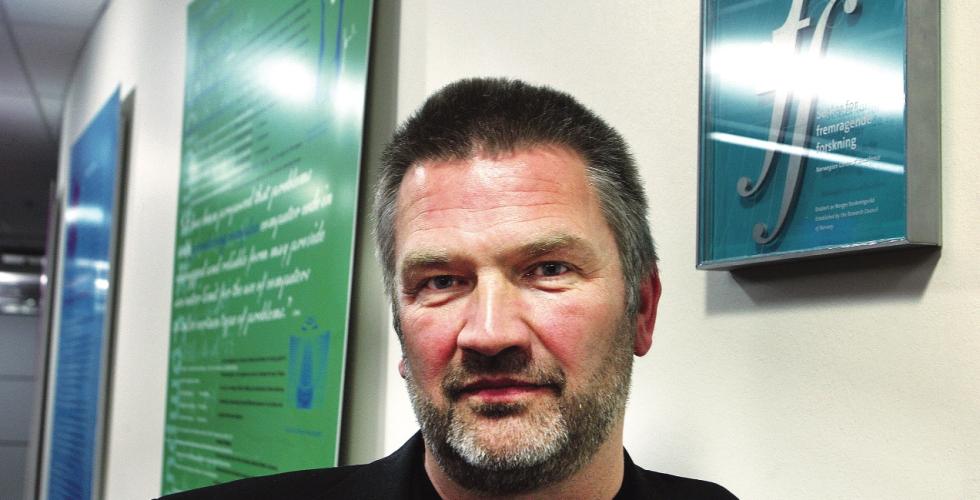Inharmonic gender balance at the Academy of Music
In 2007, the rector of the Norwegian Academy of Music said the institution would implement measures to improve the uneven gender balance among academic employees. He cited figures showing that only three professors were women while 41 were men. Now as 2011 draws to a close, only seven professors are women and 53 are men. Minister Tora Aasland is not pleased.


